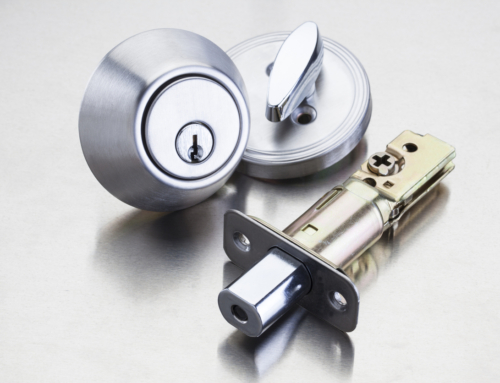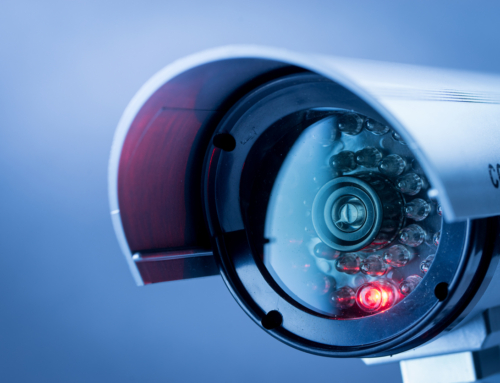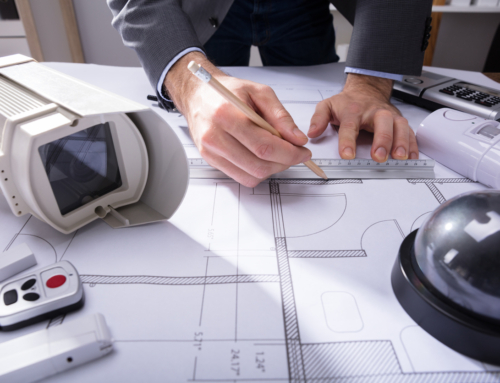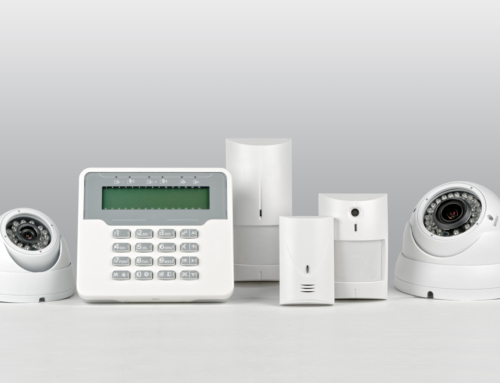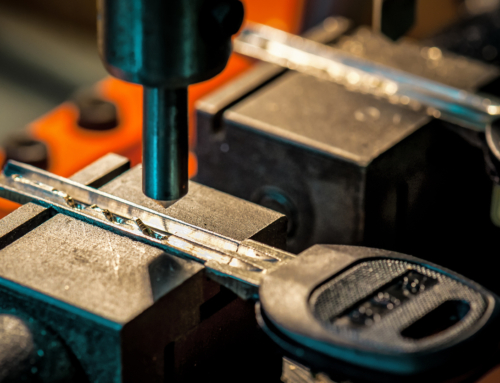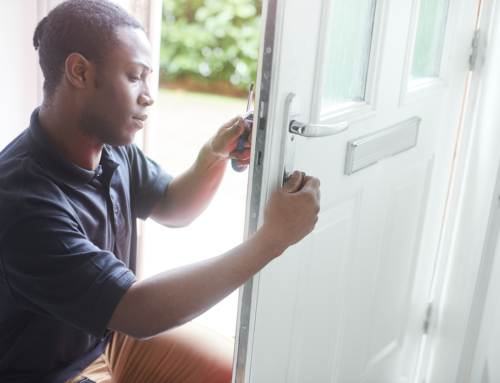Smart Locks vs. Traditional Locks
When discussing security, you can only do so by mentioning locks. Locks are one of history’s oldest forms of protection and have evolved dramatically over time. Today, locks vary in type, function, and level of security. Whether it’s a residential lock or commercial lock, smart lock, or traditional lock, there is no security without the proper lock.
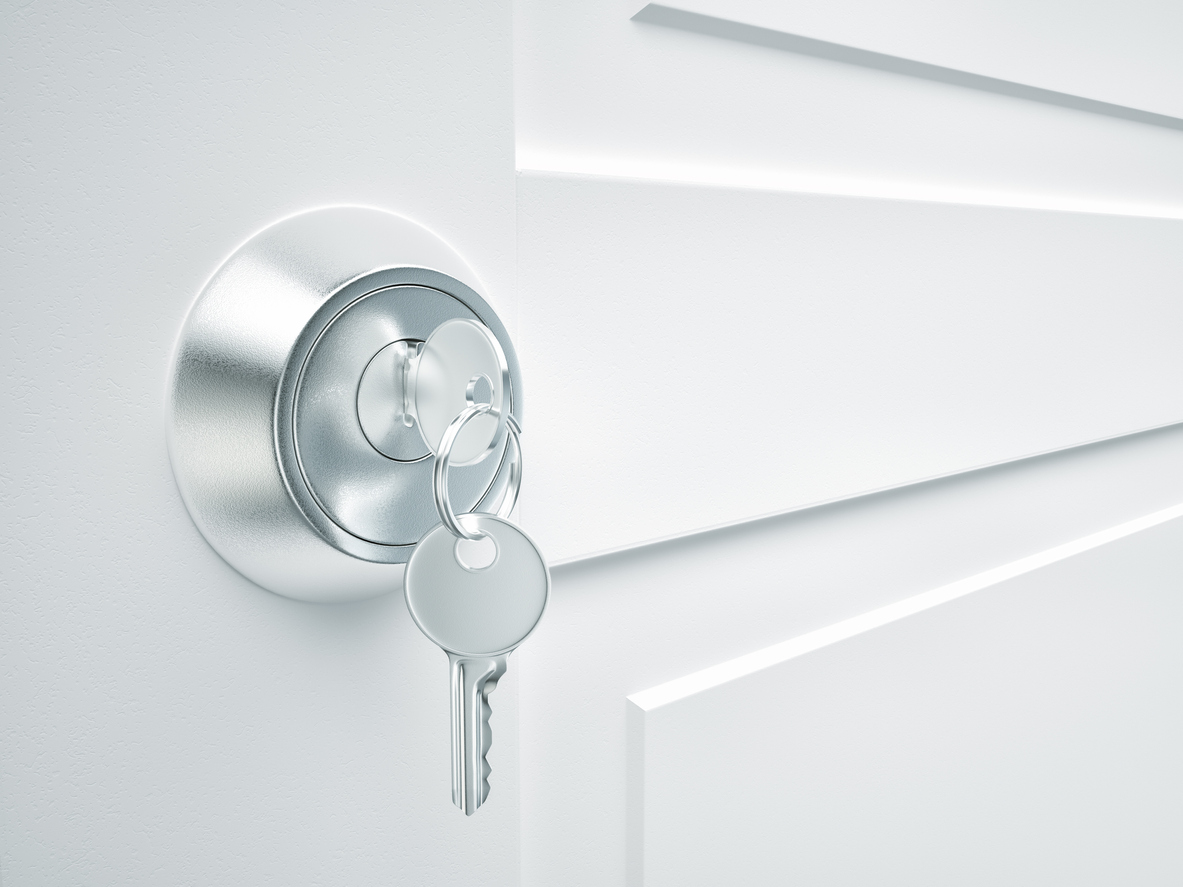
Traditional Locks
Traditional locks perform just as you would imagine – opening with the turn of a key. Most traditional locks are either rim locks, pin-tumbler locks, or mortise locks. These three common types work by inserting a key that allows the locking device to perform its duty, which could involve various actions, including spring-loaded pins, cylinders that work together, etc.
These traditional locks have long been considered one of the most secure ways to lock and protect areas or items such as homes, offices, cars, or safes. Deadbolts are commonly used on residential locks and have a reputation for being reasonably secure. Today, the deadbolt options on the market feature different strengths or grades depending on how they are constructed. This provides a range of safe choices, such as Grade 1 deadbolts. These traditional locks can be enhanced as well through different methods.
To ensure the traditional lock you choose is reliable and secure, it is essential to pick a durable design and grade and have it installed and used correctly.
Smart Locks
Commercial smart locks are electromechanical lock systems with smartphone and other electronic device-powered locking and unlocking functions. They are designed to replace traditional locks that require physical keys. Instead of managers, staff, and others constantly toting around keys, they can use smartphones, key fobs, or PIN codes to open the necessary doors.
From traditional locks came the creation of smart locks. Smart locks are the automated version of traditional locks, often using the same mechanisms, except they can only be engaged remotely or electronically. The main difference between the two is the required interaction between the lock and the user.
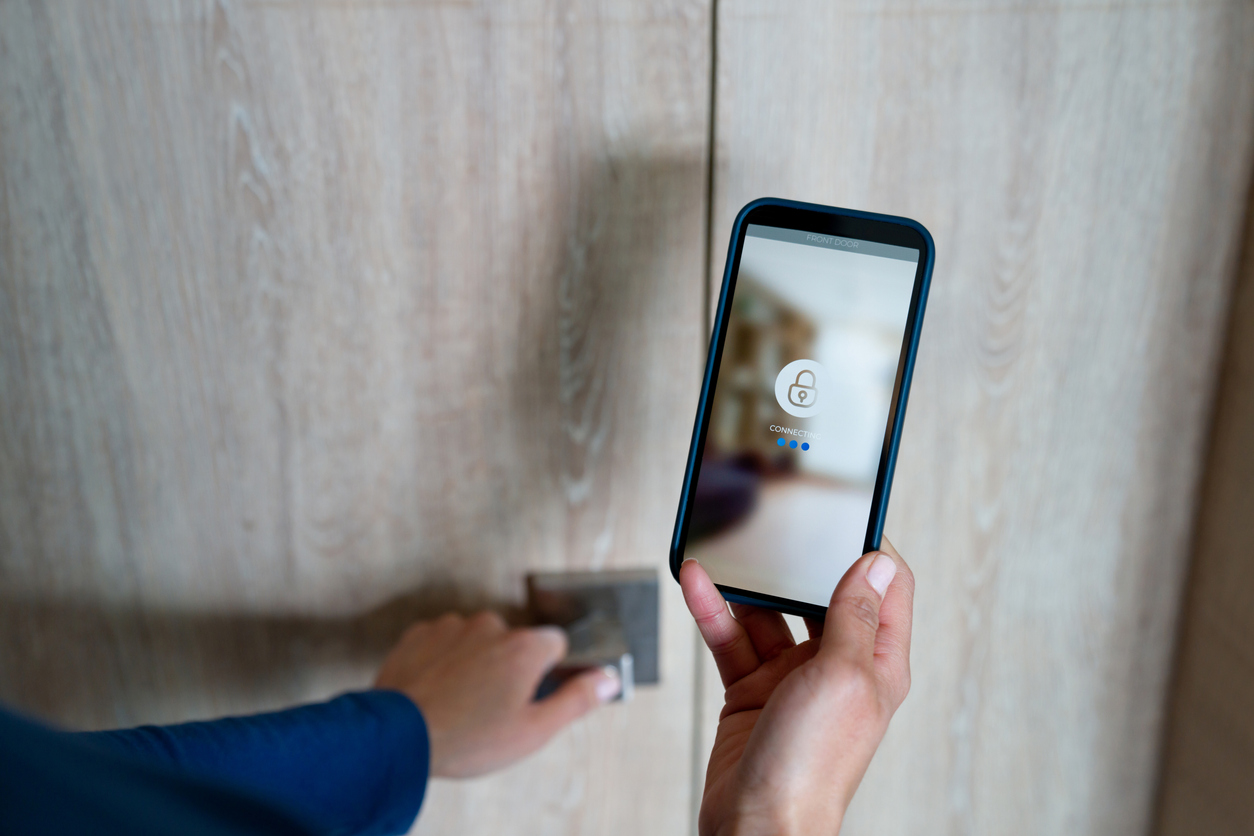
Smart Lock Benefits
Thanks to the internet, you can learn to do almost anything. This easy access to information allows people to teach others how to pick locks. A simple online search and commitment to learning are all it takes to pick the most traditional locks. Some deadbolt locks are harder to pick, and the right add-ons and installation can make it more difficult, but they still hold the possibility of being accessed. Smart locks, with their lack of key entry, are more challenging to pick.
Smart locks offer easy access to authorized users and can be secured from anywhere – an extraordinarily convenient feature if you forget to lock up. They can also be operated and controlled by smartphones and integrate with different smart devices. This integration and technology allow homeowners to monitor and secure their locks in ways that traditional locks cannot.
Along with additional security and convenience, smart locks also provide comfort and ease of access. Advancements in the smart lock market have led to seemingly invisible computerized deadbolts supporting geofencing, voice activation, and other smart features. Since smart locks connect to the internet, property owners can access audit logs that list door entry activity – detailing who accessed the lock and at what time. This benefit ensures only authorized employees access the lock at authorized times, providing comfort and peace of mind.
Commercial Smart Lock Features
- Cloud-based management – allows owners, property managers, etc. access to locks and activity logs from just about anywhere.
- Proptech integrations – Proptech, or property technology, is all the technological tools available to Real Estate experts to optimize how people access and manage a property. Integrations with smart locks allow people, such as apartment building managers, to access different buildings when necessary.
- Multiple ways to unlock doors – whether it’s PIN codes, key fobs, or cell phones, smart locks offer a variety of convenient ways to access a building/room.
Choosing the Right Lock
Commercial smart door locks weren’t always accessible to everyone. They used to be reserved almost exclusively for high-security businesses. Things have changed, though, and top-of-the-line smart locks can be installed at commercial properties of all kinds. When choosing the right commercial smart lock system for your business, it’s essential to consider its grade and where it will be installed. For example, if your business needs a smart lock for a commercial glass door, a mortise lock may be best to maximize security while ensuring minimum damage to the glass.
Common Commercial Smart Locks
- Wi-Fi door lock – connects to the home’s Wi-Fi network and can be accessed via a smartphone app or control panel within the home.
- Bluetooth door lock – connects via Bluetooth to a device as you approach the door, receiving a transmitted signal or code from your phone (working like a key) to unlock the door.
- Mobile-based door lock – similar to the previous two, this lock connects to a mobile or electronic device and can be accessed via a smartphone app or remote.
- Z-wave door lock – needs to connect to a Z-Wave-compatible hub that translates the lock’s Z-Wave signal into something your router can understand to unlock the door.
How A&B Security Can Help
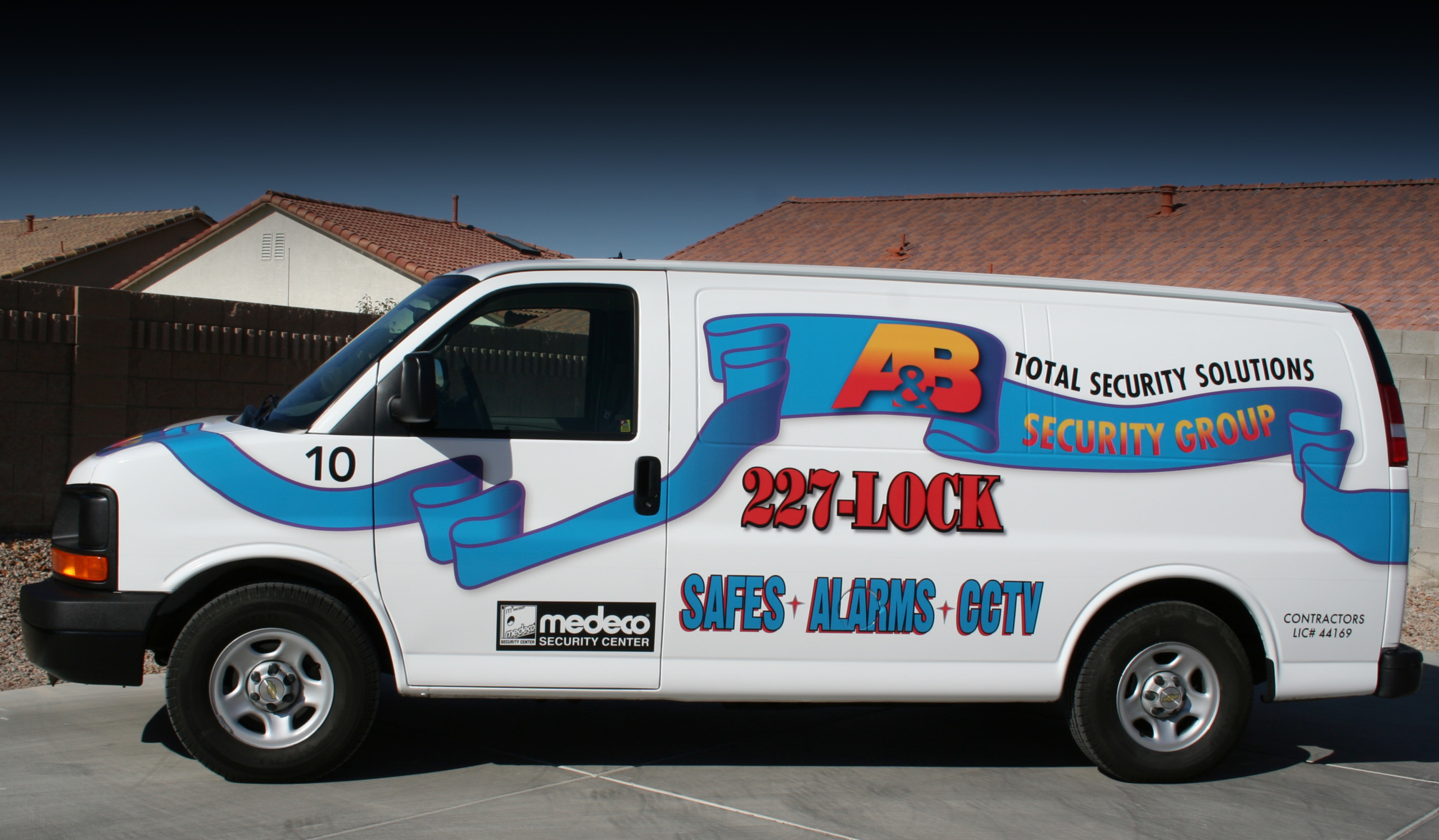 While connected home gadgets such as voice-activated devices and smart plugs are relatively simple, installing commercial smart locks and other complex security systems on all your properties is a little more complicated. At A&B Security, our expert locksmiths can help you choose and install the smart lock that works best for you. Contact us today to learn more about how we can help.
While connected home gadgets such as voice-activated devices and smart plugs are relatively simple, installing commercial smart locks and other complex security systems on all your properties is a little more complicated. At A&B Security, our expert locksmiths can help you choose and install the smart lock that works best for you. Contact us today to learn more about how we can help.


